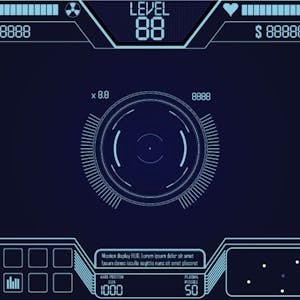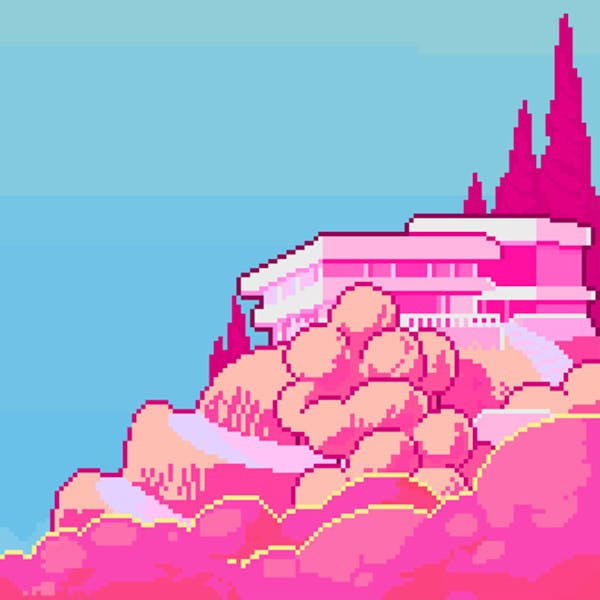Description
You’ll learn to develop a game concept; prototype, test, and iterate on your ideas; and navigate licensing, marketing, and other business considerations. The specialization builds a solid foundation for industry roles as a gameplay designer, level designer, technical designer, technical artist, programmer, or producer. The capstone partner for the specialization is the online game portal Kongregate, which provides an avenue for distribution of the capstone project, as well as a pathway for monetization for aspiring game developers. If you love games and want to learn how to make them, then this course will start you down that path. Making games is a creative and technical art form. In this course you will familiarize yourself with the tools and practices of game development. You will get started developing your own videogames using the industry standard game development tools, including the Unity3D game engine and C#. At the end of the course you will have completed three hands-on projects and will be able to leverage an array of game development techniques to create your own basic games. This course is for individuals interested in becoming a game designer, game artist, or game programmer. You have a great idea for a game. Turning that idea into a reality isn't just about knowing the tools. In this course you will practice moving from game concept through design documentation, prototyping and testing. Numerous elements go into the overall process of game design. These range from topics such as idea generation, story, character, and game world development, game mechanics and level design, and user experience design. You will explore the process for designing meaningful experiences for your players. At the end of the course learners will have produced a game's high concept document, one page blueprint, a physical prototype, pitch and supporting design documentation to move from an idea in your head to a fleshed out design, ready for implementation. As well as a form of art and entertainment, games are about business. Whether you want to work at a game studio, start your own business or make games as a hobby, recognizing the dynamic landscape of the videogame industry is critical to finding your place. This course will introduce you to game production, project management, teamwork skills, and how to position your game ideas and yourself in the broader marketplace. By the end of the course, you will be able to develop an impactful portfolio of game work to get noticed and/or develop an effective business plan to bring your game to market. The device or "platform" that a game is developed for and played on has a massive impact on the game development process. In this hands-on course you will explore how to develop a game for a variety of modern platforms, including Web, Windows, Mac OS X, iOS, and Android. While building a complete game, you will learn intermediate and advanced game development techniques in the Unity game engine. By the end of the course, you will understand how to develop, refine, package, and prepare your game for distribution on a variety of game platforms. Particular attention will be given to developing a 2D platformer game that supports multiple forms of input (keyboard/mouse, controller, and touch), works across multiple forms of output (screen size, screen resolution, sound), and performs well on a variety of computing devices.









